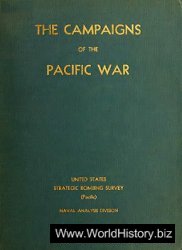When they grew up, the Dioscuri excelled almost equally in male pursuits, even though Castor was mortal and Pollux the son of Zeus. Castor was a skilled horseman; his brother a great boxer. The heavenly twins took part in two great mythical exploits. The first was the Calydonian boar hunt, in which a group of heroes was hired to kill a boar that had been sent by Artemis to ravage the kingdom of Calydon. The second was Jason’s expedition with the Argonauts in search of the Golden Fleece.
In time Castor and Pollux came into a fatal conflict with their cousins, Idas and Lynceus, the sons of Aphareus, king of Messenia. The cause of their disagreement was either the ownership of some cattle or the Dioscuri’s desire for
Right: The story of Leda and the swan has remained popular with artists through the ages. This sculpture is by Bartolommeo Ammannati (1511—1592).

The women betrothed to Idas and his brother. In the latter version of the story, the Dioscuri abducted their cousins’ brides on their wedding day and took them off as their own wives.
Whatever the cause of the dispute, the four eventually went into battle against each other. Idas stabbed Castor, Pollux killed Lynceus, and then Zeus intervened by blasting Idas with a thunderbolt. When Pollux found that his brother had been mortally wounded, he begged Zeus to be allowed to die in his place. The chief god denied this request but offered a compromise: Pollux could share his immortality with Castor. Henceforth the brothers spent alternate days in the realm of the dead and on the heights of Mount Olympus. Finally they were turned into stars, the Gemini, and from their place in the night sky became the guiding gods for sailors. To this day Castor and Pollux are associated with Saint Elmo’s fire, dual balls of light that play around the masts of ships during thunderstorms. This meteorological phenomenon was taken as an omen that the Dioscuri would protect ships in bad weather.




 World History
World History









